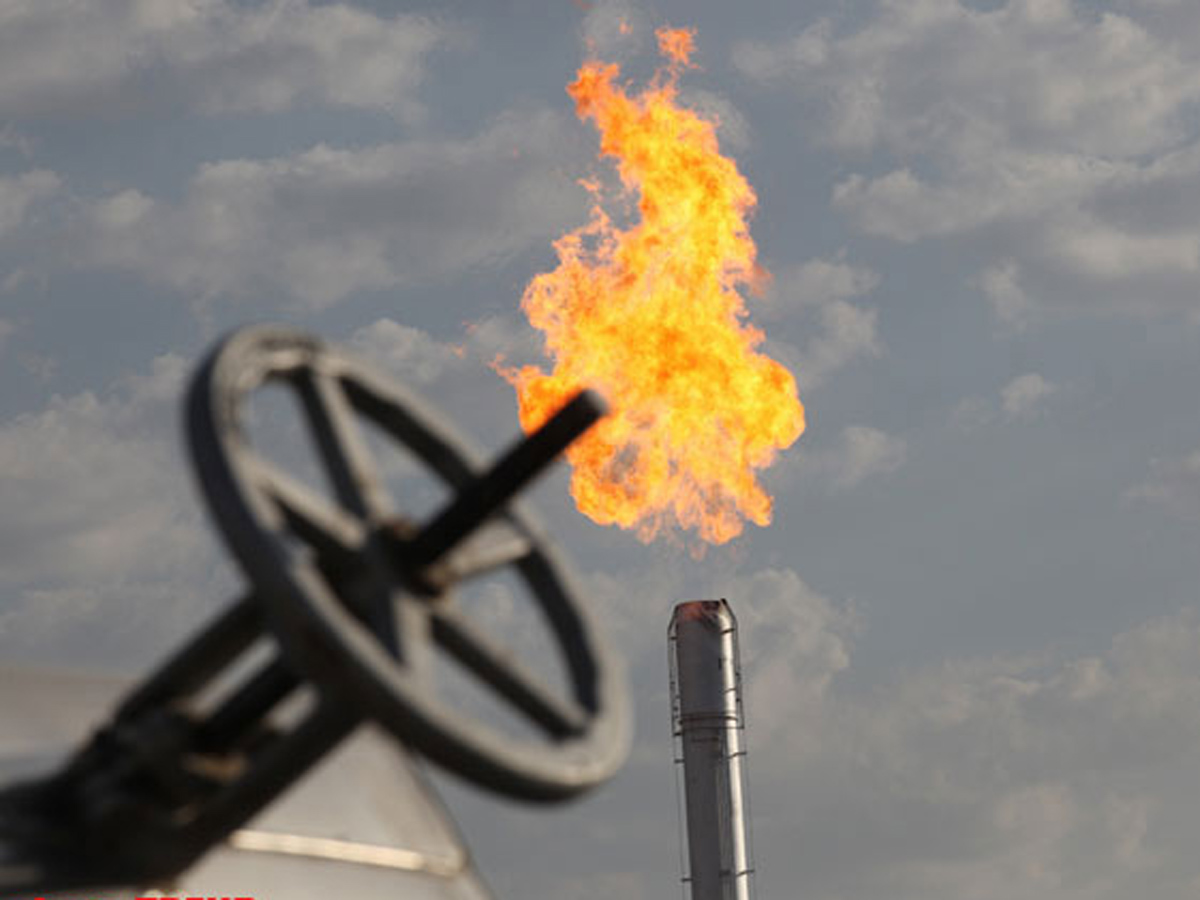Baku, Azerbaijan, Nov.9.
Trend:
Iran intends to enter an unequal battle for the European gas markets - albeit without pipelines but with an attitude. Europe has promised to buy all the gas available amid falling local production and increasing gas demand. The European Union will attempt to solve the gas supply issue as soon as possible due to the potential rise in consumption since the Union is going to cease the old coal power plants, convert them to gas mode as of 2017.
Europe is a huge gas market.
I call this 'an unequal battle' as Iran is entering into serious competition, given that the Islamic Republic has a lot of gas but no pipelines to Europe by which to deliver this gas. The economic sanctions placed on Iran there may soon be lifted and with the largest proven gas reserves in the world amounting to some 1.2 trillion cubic feet; but since Iran has no pipelines enabling it to deliver its gas to the European market, the country by default falls behind in the gas race. But this does not seem to preoccupy Iran. Deputy Oil Minister for International Affairs Amir Hossein Zamaninia told Iranian media in November that Tehran is ready to sell its gas to Europe even if it will not be viable economically. "That is due to the fact that we want to use economic relations to create some political cohesion," Zamaninia said.
Evidently Iran wants to use its powerful gas reserves as a shield against new possible international sanctions since Zamaninia says "When economic relations grow, political disagreements diminish and that reduces the chances of having the sanctions brought back". This is understandable. New sanctions are the last thing Iran needs at this time. The country needs new gas infrastructure and contracts as soon as possible. These kinds of statements are indications that Iran there is attempting to claim its own share of the gas market even though it would be unprofitable at first. Incidentally, Saudi Arabia applies the same approaches but with oil. Fiscal breakeven price of Saudi Arabia is 60 dollars per barrel Brent. But Saudis are persistently gloomy about the oil production decreasing. In this regard Saudi Arabia has many competitors. If the Saudis decrease oil production to support the prices it is obvious they don't expect the same from neighboring rival countries. Most likely one of the rival countries will quickly hold the Saudis oil market share. For Iran, by the way, the fiscal breakeven price is 78 dollars per barrel Brent.
"I see no economical reason of Iranian gas export to Europe now. If they want to invest, to build pipelines it should be kicked off right now while the oil prices are low. One way or another I see no Iranian gas in the European market within the next 8-10 years", - said a Caspian energy trader who asked to remain anonymous.
Tensions between Russian and Ukraine started last year reminded Europe of Iran's gas possibilities if Europe was to avoid depending on Russian gas exclusively. But a number of issues prevented relying on Iranian gas imports; economic sanctions, Iran's developing nuclear program, lack of understanding how Iran is able to invest to build its pipelines, who in Europe is going to sign the gas contracts with Iran?
It is no secret that Europeans have a keen interest in purchasing gas from Iran, however, it is highly doubtful that Europeans are ready to invest in the pipeline construction project. Most likely they wish to wait while Iran finds a solution on its own.
Construction on the Trans-Anatolian gas pipeline (TANAP) is proceeding at full speed in Turkey which has the 310-mile border with Iran. TANAP pipeline is going to be used to export gas from Azerbaijan to Europe as of 2020. Turkey geographically and economically is the only way for Iran to export gas to the European market. Long before Iran had been working on the idea to build a gas pipeline through Turkey to Europe. But the project was frozen. Building a huge pipeline while facing sanctions is worst even than comparing selling gas to "reduces the chances of having the sanctions brought back" as the deputy oil minister said.
So what is the best way out? Iranians may buy a share in TANAP or they can wait till the end of pipeline construction and link to it when everything is ready. But there remain a lot of unanswered questions. One of them refers to the current TANAP shareholders to SOCAR from Azerbaijan, BP and Botas from Turkey. Would they be willing to sell a share in TANAP to Iran taking into account the different political views on pricing?
One way or another having a share in TANAP doesn't change the game radically for Iran. Tehran has to be linked to TANAP at first, for that it should get an agreement with TANAP and build an interconnectional pipeline. There is a pipeline by the way from Iran to Turkey which is used to sell some 300 billion cubic feet of gas per year to Ankara. Its capacity is some 400 billion cubic feet per year which is far from enough to start any gas operation with Europe. Turkey covers some 20 percent of its yearly gas demand by buying gas from Iran via this pipeline. Traders in the region said that comparing to the price of gas from Azerbaijan and Russian which Turkey buys as well Ankara pays the most price to Iran.
Producing now some six trillion cubic feet of gas per year Iran is going to double this figure within the five years. A good portion of this volume of gas should be exported and sold on the world markets - Europe, India, and China. However no gas pipelines are available from Iran. At least not for now.
--
Vagif Sharifov is an analyst, expert in oil and energy markets.






